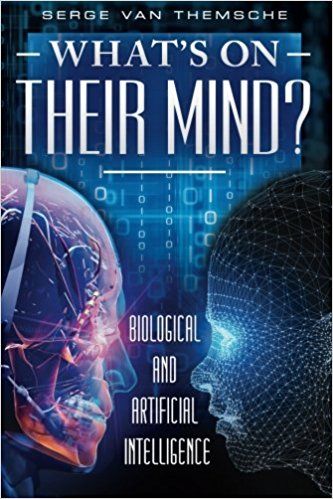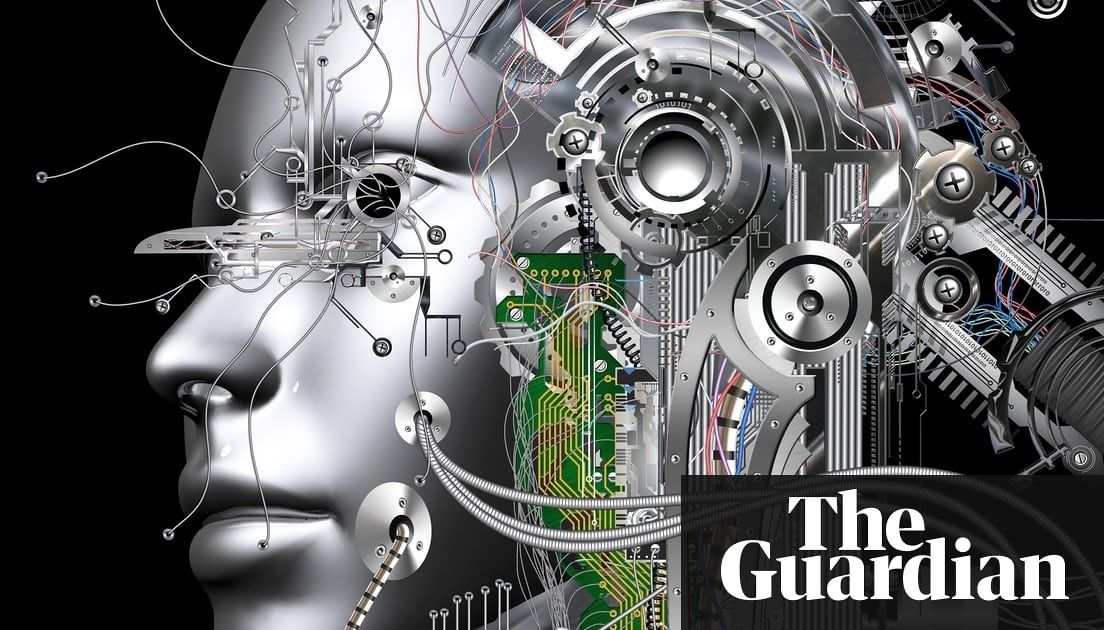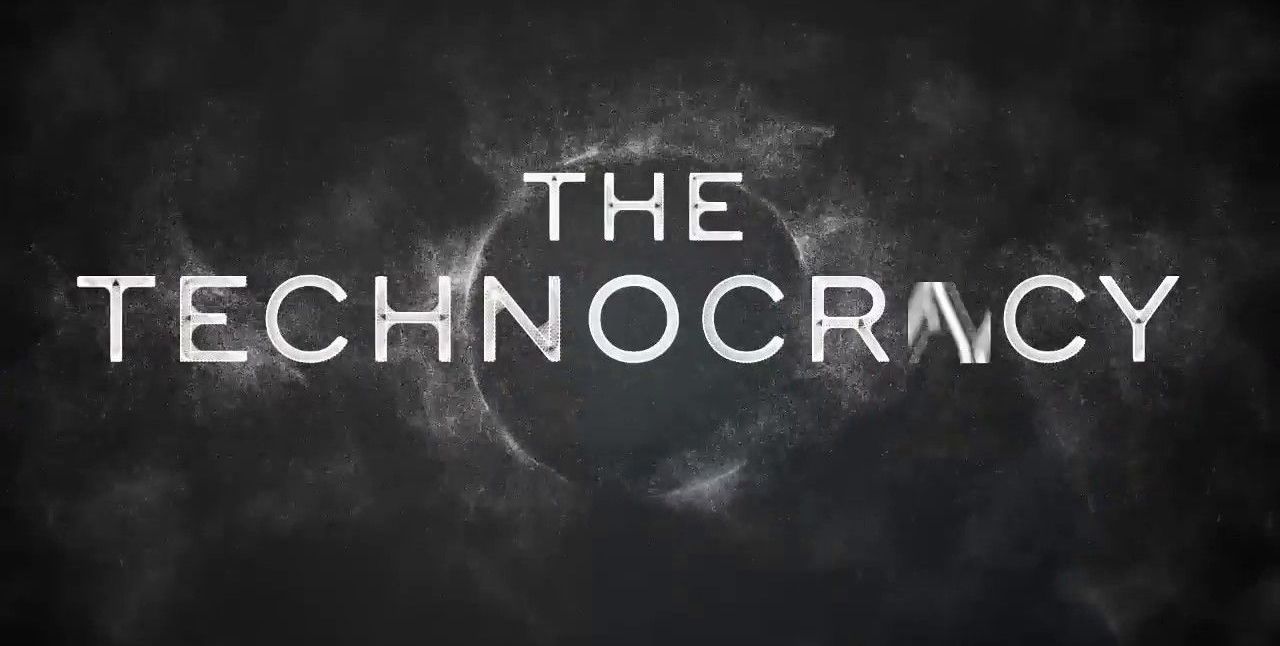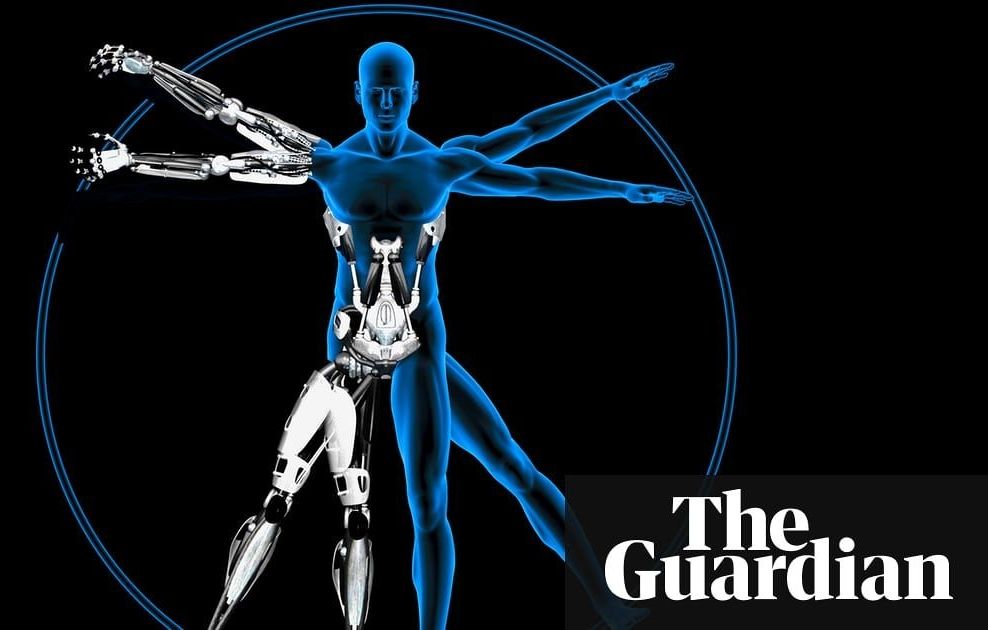We all feel overwhelmed by the speed at which new computing technologies are being thrown at us, but we haven’t seen anything yet. With the upcoming breakthroughs in Artificial Intelligence technology, today’s computers will look like prehistoric tools, within just a few years. Systems are likely to follow suit, bringing us closer to strong AI, a moment when machines will be as smart as any human being. The question many fear is what will happen if and when machines become much brighter than us? In “What’s on their mind?” system consultant Serge Van Themsche describes through an engaging discussion with his driverless car, the main AI issues any concerned citizen should know about. This conversation resorts to hard and soft disciplines to better explain AIn this book you will get to understand: — What are biological and artificial knowledge, intelligence, and self-consciousness? — Which new neuroscience evidence shows how our brain programs data coming from our senses? — How can simple formulas, such as 2 power of i −1, explain how our neurons connect? — Can emotions be computable? — Can machines already create knowledge without any human interference? — Why must the computer industry mimic as closely as possible the brain functionalities to develop intelligent androids? — Why will AI be based on a discrete world rather than a digital one? — Will humans become super beings? This book will enable every reader, with or without a scientific or philosophical background, to grasp the similarities and differences between brains and computers. By doing so, he or she will not only figure out the likely paths AI will follow but also how humans will use these new technologies to transform themselves into super beings. Even though not all readers might be looking forward to Transhumanism, the movement that apprehends these modifications, they can get prepared for this future co-existence with smart robots. In the meantime, they will at least, gain a clear understanding of how their own mind works and why they become knowledgeable, intelligent, and self-aware.







